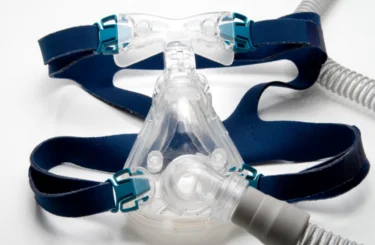
Signs of Nursing Home Abuse
The decision to place a loved one in a nursing home is an emotional and difficult one. You want to choose a place that will keep your loved one safe, and provide quality care and treatment.
Unfortunately, however, nearly half of nursing home residents claim they have been abused, according to the National Center on Elder Abuse. And most residents also report that they have been neglected at some point during their nursing home stay.
But how do you know whether a loved one has been abused at a nursing home? And what do you do if you suspect abuse?
Types of Abuse
Nursing home abuse can take many forms:
- Physical abuse — bodily harm, hitting, scratching, biting, inappropriate use of restraints, and burns.
- Emotional abuse — humiliation, intimidation, verbal assaults.
- Sexual abuse — inappropriate touching, sexual assault, and rape.
- Neglect — lapse or failure to provide care, monitoring, personal hygiene.
- Financial exploitation — theft or misuse of patient finances or other property.
- Abandonment — leaving residents to care for themselves when they are unable to do so, locking a patient in a room, forbidding visits or communication with friends and family, and other kinds of intentional isolation.
What to Watch For
Cases of nursing home abuse often go undetected because family members do not know the signs. And while physical abuse may sometimes be evident by bruises or injuries, other more subtle indicators include:
- Unusual changes in attitude, such as depression, silence, or withdrawal, especially around specific caregivers.
- Uncleanliness.
- Abrupt changes in personal property or finances that do not fit the person’s needs.
- Changes in weight.
- Unusual or unexplained behavior.
- Fearfulness of caregivers.
The best way to monitor and prevent nursing home abuse or neglect is to keep in touch with your loved one and visit as often as possible. If you notice warning signs, you should take action immediately by reporting your suspicions to nursing home supervisors and management.
If you continue to suspect abuse or if documented abuse worsens, contact the proper authorities, such as adult protective services, to guarantee the safety of your loved one and consider filing a complaint with the nursing home licensing agency. And with the help of an experienced nursing home negligence attorney, you may also be able to pursue appropriate legal remedies.
Lisa Esser-Weidenfeller
Lisa Esser-Weidenfeller represents injury victims in personal injury and medical malpractice claims. She also represents individuals in cases against those who have committed horrific acts of sexual assault.





